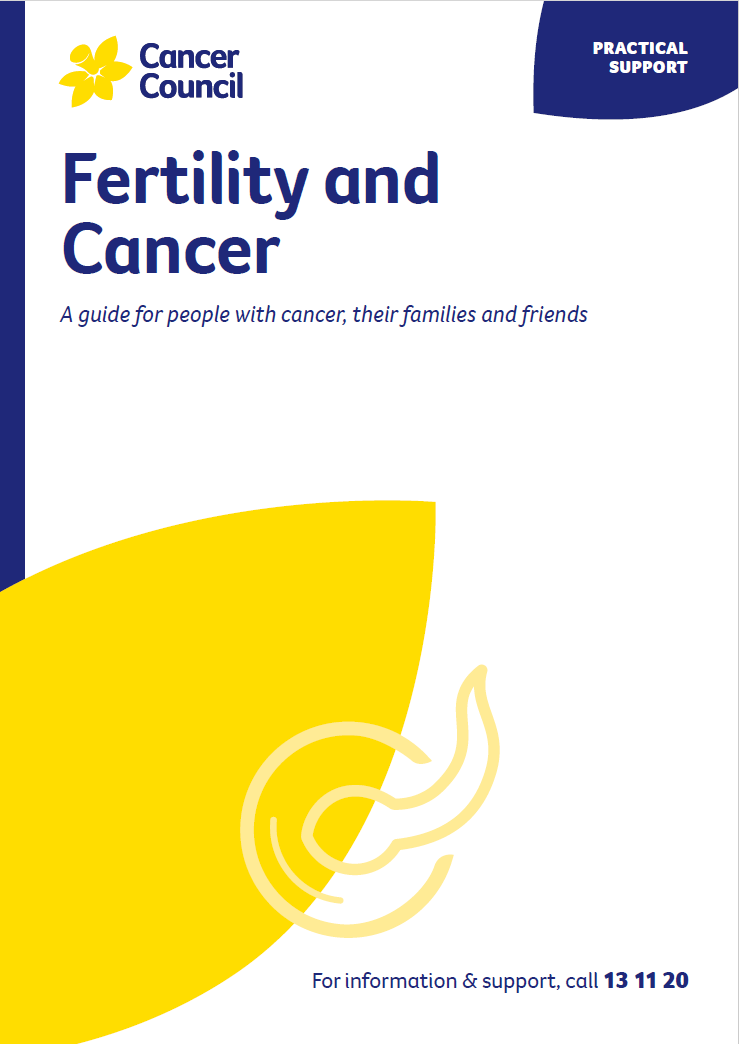- Home
- About Cancer
- Managing side effects
- Fertility and cancer
- Female options before cancer treatment
- How in-vitro fertilisation (IVF) works
How in-vitro fertilisation (IVF) works
IVF is a method for achieving a pregnancy after fertility issues, but it will only be an option for some people after cancer. IVF is when an egg is fertilised with sperm in a laboratory and later implanted into a female body. Eggs, sperm or embryos frozen before cancer treatment can be used. One full cycle of IVF, pictured below, takes about 2–3 weeks.*
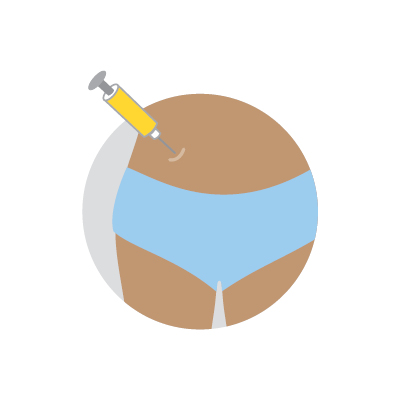 | 1. Ovarian stimulationHormone injections daily for 10–14 days help stimulate your body to produce more eggs. |
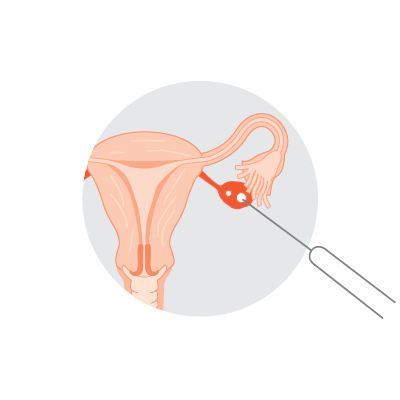 | 2. Egg collectionMature egg/s are collected from the follicle using a needle guided by ultrasound. |
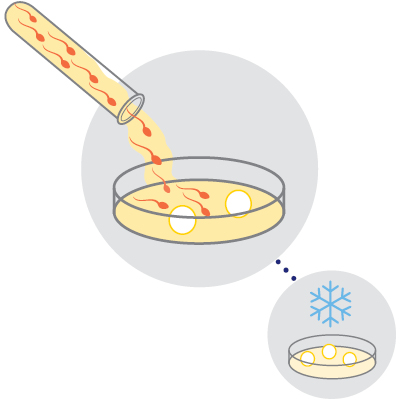 | 3. Egg and sperm combinedThe eggs are combined with sperm from a partner or donor, or frozen (cryopreservation) for later use. |
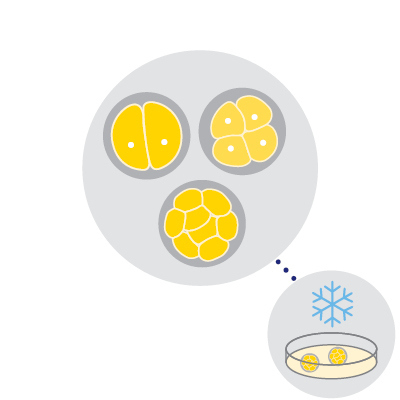 | 4. Embryo freezingFertilised eggs may divide and form embryos. Embryos can also be frozen (cryopreservation) for later use. |
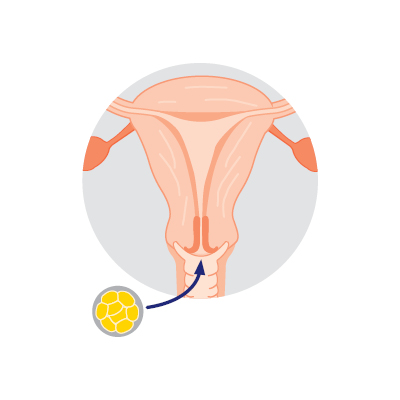 | 5. Embryo transferA syringe and tube is used to implant embryos into your body (or a surrogate). This will usually happen after cancer treatment. |
→ READ MORE: Female options after cancer treatment
Podcast: Sex and Cancer
Listen to more of our podcast for people affected by cancer
More resources
Dr Sally Reid, Gynaecologist and Fertility Specialist, Obstetrics and Gynaecology (Adelaide) and Royal Adelaide Hospital, SA; Dr Sarah Ellis, Clinical Psychologist and Postdoctoral Research Fellow, Kids Cancer Centre, Sydney Children’s Hospital and UNSW, NSW; John Booth, Consumer; Hope Finlen, Haematology Nurse Consultant, Gold Coast University Hospital, QLD; Dr Michelle Harrison, Medical Oncologist – Gynaecological cancers, Chris O’Brien Lifehouse, NSW; Melissa Jones, Nurse Consultant, Youth Cancer Service SA/NT, Royal Adelaide Hospital, SA; Dr Violet Kieu, Clinical Director, Melbourne IVF and Fertility Specialist, The Royal Women’s Hospital, VIC; Prof Declan Murphy, Consultant Urologist, Director – Genitourinary Oncology, Peter MacCallum Cancer Centre and The University of Melbourne, VIC; Stephen Page, Family and Fertility Lawyer, and Legal Practice Director, Page Provan, QLD; Ann Retzlaff, 13 11 20 Consultant, Cancer Council WA; A/Prof Kate Stern AO, Fertility specialist, Gynaecologist and Reproductive Endocrinologist, Royal Women’s Hospital and Melbourne IVF, VIC; Georgia Webster, Consumer.
View the Cancer Council NSW editorial policy.
View all publications or call 13 11 20 for free printed copies.
